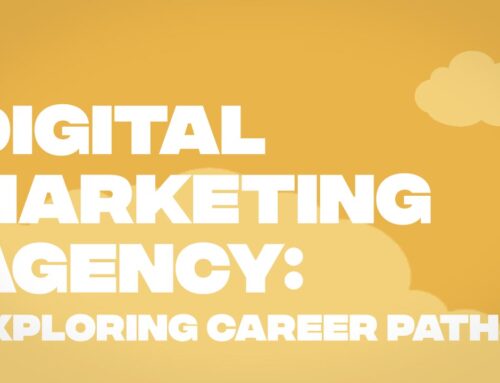As more and more organizations shift their focus from traditional to digital marketing, the demand for skilled digital marketers has grown exponentially. This, in turn, raises an important question: do you need a degree to be a digital marketer? In this comprehensive article, we’ll delve into the various aspects of this question, weighing the advantages and disadvantages of formal education, exploring alternative learning paths, and discussing the role of both hard and soft skills in this exciting field.
Digital marketing encompasses a broad range of skills and techniques that help organizations connect with their target audiences through various online platforms and channels. These can include search engine optimization (SEO), social media marketing, content marketing, email marketing, pay-per-click (PPC) advertising, and more. Digital marketers are responsible for creating, implementing, and analyzing marketing campaigns across these channels, with the ultimate goal of driving conversions and increasing brand visibility.
Given the diverse and rapidly evolving nature of the digital marketing landscape, many aspiring professionals are uncertain about the best route to take in order to break into the industry. For some, a formal degree in digital marketing, marketing, or a related field may seem like the most logical choice. Such a degree can provide a solid foundation in marketing principles, as well as offer exposure to the latest tools and technologies used in the industry.
On the other hand, others argue that experience and practical skills are more valuable in the digital marketing space than a traditional degree. They contend that real-world experience, acquired through internships, freelancing, or self-taught projects, can be more effective in developing the practical know-how and problem-solving abilities necessary for success in this dynamic field.
Furthermore, there are numerous alternatives to a traditional degree, such as online courses, certifications, bootcamps, and workshops, which can provide targeted, cost-effective, and flexible learning options for aspiring digital marketers. These alternative paths often focus on specific digital marketing skills and can be completed at one’s own pace, making them an attractive option for those looking to break into the industry or upskill in a particular area.
In this article, we will discuss each of these paths in more detail, exploring their advantages and drawbacks, and providing guidance on how to choose the best option for your individual needs and goals. Ultimately, our aim is to help you make an informed decision about whether or not a degree is necessary for your journey towards a successful career in digital marketing.
The Importance of Digital Marketing
The Digital Age
- The internet has transformed the way businesses communicate with their customers
- Digital marketing is now a critical component of any successful marketing strategy
The Role of Digital Marketers
- Develop and implement digital marketing campaigns
- Utilize various platforms and channels to reach target audiences
- Analyze data and optimize campaigns for better results
- Monitor and track key performance indicators (KPIs)
Formal Education vs. Experience
The Value of a Degree
- Provides a structured learning environment
- Offers access to resources, networking opportunities, and internships
- Can give you a competitive edge in the job market
The Value of Experience
- Hands-on learning in real-world situations
- Develops practical skills and problem-solving abilities
- Can be gained through internships, freelancing, or self-taught projects
Alternatives to a Traditional Degree
Online Courses and Certifications
- Cost-effective and flexible learning options
- Can be completed at your own pace
- Examples:
- Google’s Digital Garage
- HubSpot Academy
- Coursera’s Digital Marketing Specialization
Bootcamps and Workshops
- Intensive, short-term training programs
- Focused on specific digital marketing skills
- Can provide networking opportunities and potential job placement assistance
Self-Learning
- Access to a wealth of free online resources
- Allows for customized learning paths
- Requires self-discipline and motivation
The Role of Soft Skills
Essential Soft Skills for Digital Marketers
- Creativity and innovation
- Analytical thinking and problem-solving
- Communication and collaboration
- Adaptability and willingness to learn
Developing Soft Skills
- Practice through real-world experiences
- Seek feedback and constantly refine your skills
- Participate in online communities and industry events
Final Thoughts
While having a degree in digital marketing or a related field can be valuable, it is not a strict requirement for a successful career in this industry. There are various alternative paths, such as online courses, bootcamps, and self-learning, that can provide the necessary knowledge and skills for aspiring digital marketers. Ultimately, a combination of formal education, hands-on experience, and well-developed soft skills will position you for success in the ever-evolving world of digital marketing.








